Practical Psychology: Children imitate the violent acts of their surroundings

By Lloyd Thomas / dailygazette.com
A 6-year-old child beats, and almost kills, a 4-week old baby. We are shocked and wonder “why?” The legal system has no precedent for addressing such a crime. Nothing to imitate. It will have to invent some new form of legal action. The parents of the victim express no desire for the little batterer to be punished.
The fact that a child beats a baby does not surprise me. I am deeply saddened by the event. Perhaps I have become jaded. I know I have become desensitized to violence. In defending my awareness from all the violence to which I am exposed on a daily basis, I have become numb to it. Most children do not yet have that skill.
We all know that children learn best by first observing what they experience. Then they imitate what they observe. They practice what they have observed or experienced. Imitation is the natural way we learn. The smarter we are, the quicker we practice what we see. The more we practice, the quicker we develop habits. When habits are in place, the behavior becomes automatic (unconscious).
What many young children see daily are innumerable acts of violence, either on television or in real life. They participate in such violence and even seek to “win” at many computer games, by killing or violently beating an opponent. They observe, imitate and practice what they experience. Violent environments breed violent children.
In school, we learn that imitating others is cheating. Being a “copy cat” is discouraged, even punished. Practicing what we see others do is frowned upon by teachers. Yet, children are expected to accurately reproduce on a test what they have read or heard, not necessarily what they have seen their peers, parents or teachers do. Individual creativity or experiment is often discouraged as well. “Failure” to reproduce information accurately is down-graded. What a bind! Children can’t imitate what others do on one hand. On the other hand, they are not allowed to invent or express their own ideas, perceptions or behavior. What is a frustrated child to do? They most likely do what they have observed others do when frustrated. How do most of us handle frustration? Violence seems to be the prevalent method.
The smartest way to learn any new skill is to find someone who has mastered that skill, watch what he does, and then do exactly the same thing ... practice. Success at achieving anything begins with imitating the successful master. Are we imitating a master at violent behavior? We most certainly imitate masters of competition. We compete (often violently) in most all aspects of life.
J. Krishnamurti once wrote: “Real learning comes about when the competitive spirit has ceased.” I agree. What do we imitate and practice in order to replace our well-learned habits of violence and competition? Perhaps we can observe the parents of the beaten baby. I observe in them at least three elements: kindness, compassion and cooperation. I believe it is not “cheating” to copy them.
Do we expose our children to an environment reflecting kindness, compassion, cooperation, success at problem-solving and non-violence? Are we the role-models for such behavior?
Children learn best by observation, imitation and practice. That is how we survive as a species. Will our children observe the compassionate attitudes and behaviors of the parents of the beaten child? Or will they focus on the murderous attitude and behavior of the six-year-old perpetrator? They will do most likely what they observe their role-models doing. What role will you choose?
Perhaps I have become jaded to violence. Perhaps I have become numb to it. I hope I would develop and express in my own attitude and behavior the psychologically healthier actions of kindness, compassion, cooperation, success and non-violence. I invite you to join me in the practice of such actions. Through practice, such attitudes and behavior just might become automatic in our children.


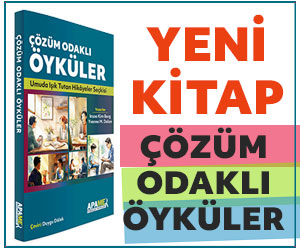


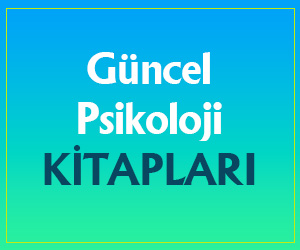
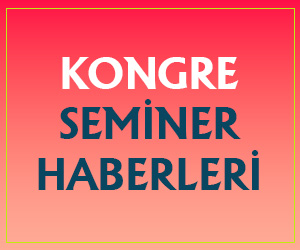
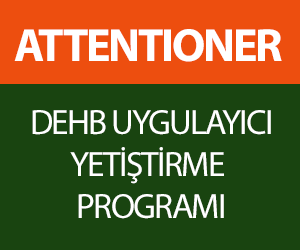
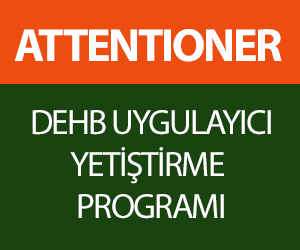
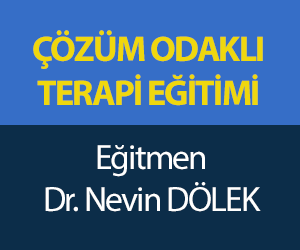
Türkçe karakter kullanılmayan ve büyük harflerle yazılmış yorumlar onaylanmamaktadır.